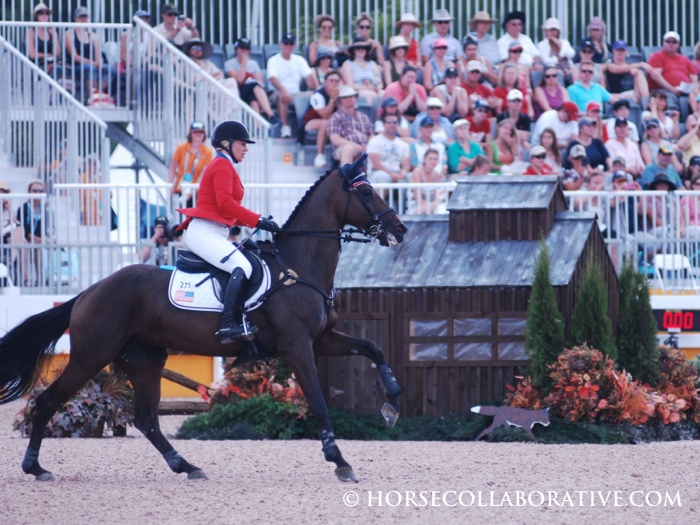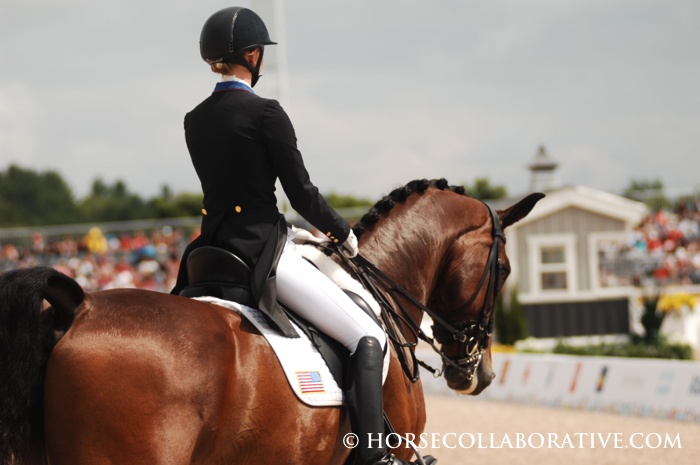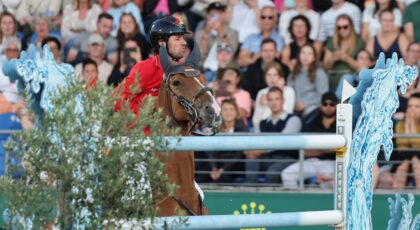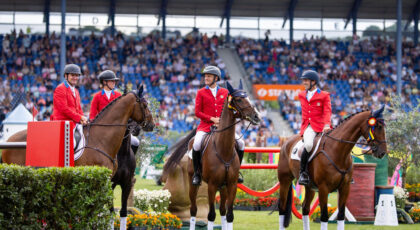Learning a new skill? Here are the three stages you’ll go through on the way to mastery.
1. The “Thinking” Stage

When you are first attempting to learn a skill, the focus is on gaining an understanding of how that skill is to be performed. Your trainer or coach will explain, and perhaps even demonstrate, how to perform the skill. They are also likely to instruct you on how to “talk” your way through the skill sequence.
For example, in order to get your horse to turn left, the instructions might be: “hold your right rein steady, and open up your left rein as if to guide him to the left. Apply pressure with your right leg to move him to the left.”
This way, you are left with a series of step by step instructions that you can use to “talk” your way through the skill performance. These series of instructions may at first be quite simplistic, as in the example above, or just enough to get you through the basic sequence.
In the initial stages of learning remember to keep things simple, as you have a need to take in information more slowly and consciously.
2. The “Connection” Stage

This stage is largely about practicing and perfecting, eliminating any movements you don’t need. As you practice, you will find yourself being less conscious of your execution of the skill. That is to say that you will be “thinking” less and operating more on the “feeling” level.
Near the end of this stage, you should have mastered the skill to the point where you can now attend to other aspects of your performance while doing the skill. What this means is that you can now begin to do “two things at once.”
In the second stage, concentrate on how the skill feels.
3. The “Flow” Stage

This phase is characterized by being able to perform that skill at a maximum level of proficiency. You should also now be able to perform the skill automatically, or without consciously thinking about it. In fact, at this
In fact, at this stage, verbal cues or attention to muscle movement often results in a disruption of the skill execution. I’m sure you have all had the experience where you start to “over think” what you are doing and suddenly your performance seems to fall apart.
One way of thinking about this stage is that the skill has become “programmed” into your automatic repertoire. In the flow stage you are free to direct your attention to other aspects of your performance.
When you have mastered the skill, careful not to over think as you could be stuck in “paralysis by analysis.”


 March 29, 2016
March 29, 2016 

























